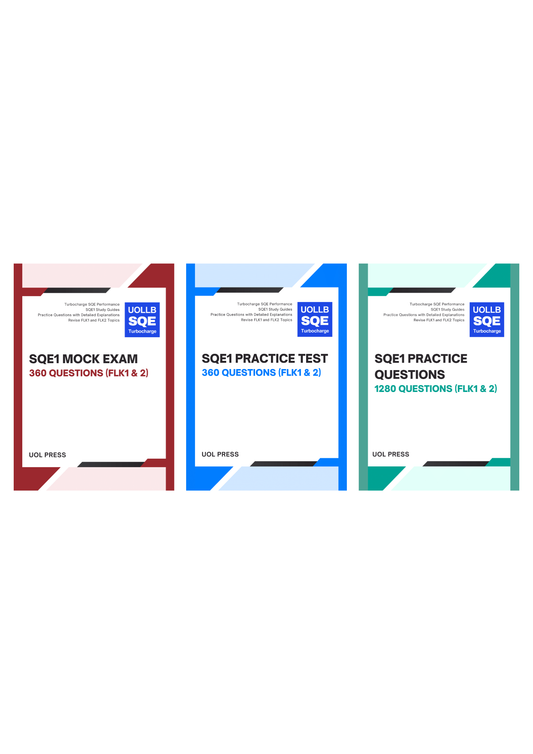How to Study Law?
Share
Studying law requires dedication, discipline, and a strategic approach to manage the vast amount of information and complex concepts involved. Here is a comprehensive guide on how to effectively study law.
Establish a study routine: Set aside dedicated time for studying law each day. Consistency is key to building a solid foundation of legal knowledge.
Understand the legal system: Start by gaining a basic understanding of the legal system, including the different branches of law and how they interact. This will provide context for your studies.
Focus on core concepts: Identify the fundamental concepts and principles within each area of law you are studying. Develop a strong understanding of these foundational elements before moving on to more complex topics
Read primary sources: Read and analyse primary legal sources such as statutes, regulations, and case law. This will help you develop a deeper understanding of how the law is interpreted and applied. But this will take you a lot of time. You are also advised to read case summaries and law notes prepared by us.
Use secondary sources: Supplement your reading with secondary sources such as textbooks, legal treatises, and scholarly articles. These resources provide analysis and commentary on legal topics, helping to clarify complex concepts. As you are busy, you are advised to read wisely. Make use of law notes and website which contain a lot of useful learning materials and study advice.
Take effective notes: Develop a system for taking organised and concise notes. Summarise key points, highlight important cases or statutes, and create outlines or mind maps to visualise the relationships between concepts.
Engage in active learning: Instead of passively reading, engage actively with the material. Ask questions, discuss concepts with peers or professors, and participate in study groups or debates. Actively applying the law will enhance your understanding and retention.
Practice problem-solving: Law is applied in practical scenarios. Practice solving legal problems, analyse case studies, and participate in mock trials or moot courts. This will help you develop critical thinking, legal reasoning, and analytical skills.
Seek guidance: Consult professors, tutors, or experienced practitioners for guidance and clarification on complex topics. They can provide insights, answer questions, and offer practical advice based on their experience. You can check out our highly effective law notes for guidance.
Review and revise regularly: Regularly review and revise your notes and study materials to reinforce your understanding and memory. Summarise key points, create flashcards, or participate in practice exams to test your knowledge.
Stay updated: Keep up with legal developments, new case law, and legislative changes. Subscribe to legal publications, follow reputable legal blogs, and attend conferences or seminars to stay informed about the latest developments in the field.
Improve exam skills: Equip yourself with law exam skills. Familiarise yourself with the exam format and do past or mock exams to find out the most efficient way to answer exam questions. You can improve law exam skills with our Law Exam Guide.
Remember, learning law is a lifelong process, and it requires patience, perseverance, and continuous learning. Building a strong foundation and adopting effective study strategies will help you learn law efficiently and develop the necessary skills to succeed in your legal studies and practice.





























































